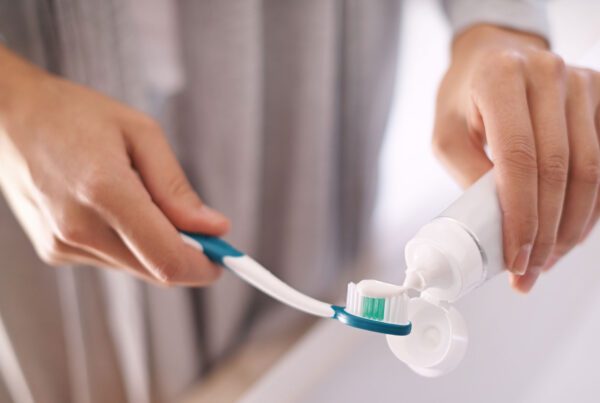Having sensitive teeth might make it difficult to enjoy your favourite hot or cold meals and beverages. Sensitivities might impact simply one tooth, multiple teeth, or all of them. The condition might be temporary or persistent, and the sensitivity can be minor, moderate, or severe. But what can cause sensitive teeth?
Tooth Decay:
The dentin of the tooth is revealed as a result of decay. Localized tooth sensitivity is more likely to occur at the location of the decay rather than throughout all of your teeth; nonetheless, the pulp (nerve) of the tooth may become infected and inflamed as a result of the bacteria in the cavity, making the tooth more sensitive to cold or hot substances.
Brushing Too Often:
Overbrushing, often known as “toothbrush abrasion,” can cause sensitive teeth and receding gums. Brushing your teeth too forcefully might cause the outer layer of your teeth to wear away. The loss of enamel means your teeth have less of a protective layer, making them more sensitive to warmth and cold. Brushing too hard can also harm delicate gum tissue, causing it to recede and expose sensitive tooth roots, making them prone to periodontal disease and decay.
Gum Disease:
Sensitive teeth are one of the signs of gum disease. It happens when the disease destroys the supporting soft tissue and bone, exposing the root surface. Teeth roots are also visible due to receding gums. Because the roots lack the same enamel protection as the crown, a direct connection with the nerves in the pulp of the tooth may occur.
At Home Solutions:
Avoiding very hot, cold, or acidic foods and drinks that induce sensitivity is an excellent place to start, as is seeing a dentist to discuss the reason for hypersensitivity. Healthy teeth are not normally sensitive to acidic or spicy meals, and if they are, it is time to see a dentist before the problem worsens. If teeth grinding is a contributing factor, using a sleep guard at night can help prevent further enamel loss and disintegration.
Central Hutt Dental:
At Central Hutt Dental, we are frequently able to treat the tooth abrasion or decay that is causing the sensitivity with a dental restoration – such as a crown, filling, or ceramic onlay or inlay – that covers up the dentin level and stops anything from getting to those nerves. If these minimally invasive therapies are not possible or have not stopped the sensitivity, and there is considerable infection or damage to the tooth’s nerve, a root canal treatment may be necessary to relieve the discomfort.
Get in touch with us today to find out more about why your teeth may be sensitive and how we can help relieve your pain!






